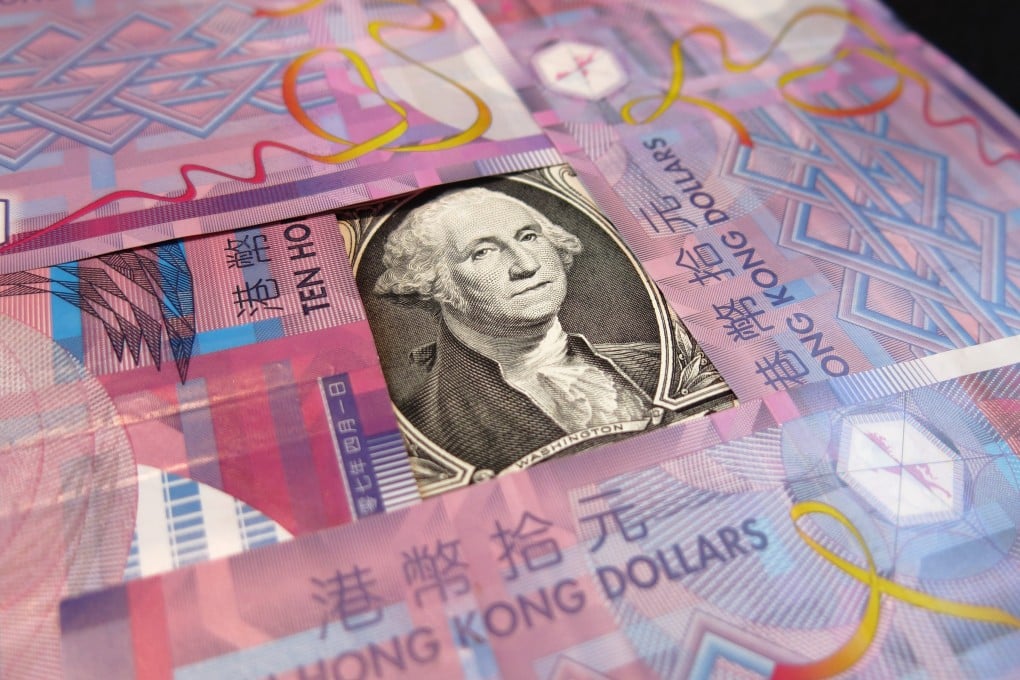Asian Angle | Hong Kong needs to consider introducing sales tax to plug financing gaps, removing US dollar peg
- Keeping an open mind about the goods and services tax would serve Hong Kong better than assuming its people are ‘exceptionally implacable’
- Hong Kong should consider linking its dollar to a basket of currencies – instead of just the greenback – to gain some control of its monetary policy

Growth in the coming year could continue to be sluggish, not least because the mainland is grappling with the end of the debt-fuelled bubble in real estate, deflation, and a persistent decline in asset values for over two years.
While the Hong Kong economy clearly needs stimulus, the city authorities’ ability to deliver such stimulus is constrained by at least two long-standing macroeconomic policy failures.

Twin failures
On the fiscal front, Hong Kong’s deficit increased to HK$164 billion (US$21 billion) in the first eight months of the financial year, much worse than the government’s full-year estimate of HK$100 billion. Increases in public spending, much needed to make up for the shortfalls in private consumption, must be financed eventually – by tax increases, government borrowing, a drawdown of government savings, or a combination of such measures.
Here, the Hong Kong government’s chronic inability to introduce a goods and services tax (GST) to diversify its revenue base and reduce its reliance on land sales is an enduring source of fiscal vulnerability. Back in 2006, I asked a senior administrative officer why the government did not introduce a GST when it was clear to most economists this was needed. The Hong Kong economy was also growing strongly then, so public opposition to the GST could more easily be ameliorated with GST reliefs and cash transfers. She replied that the Hong Kong public was implacably opposed to the GST.
There is never a good time to introduce or increase taxes, especially a GST, which affects low-income residents disproportionately. But governments around the world have figured out best practices about the timing of such tax increases and how low-income groups can be compensated. Hong Kong would hardly be the first place in the world to introduce a GST; a willingness to learn from other jurisdictions would have served the city better than assuming that its people are exceptionally implacable.
Perhaps the most important lesson Hong Kong should have paid heed to is that the best time to introduce a GST is when the government does not yet need the additional revenue. By the time the government finds itself in a financial crisis, it is virtually impossible to introduce it. This is because a financial crisis usually coincides with a wider economic slowdown – as Hong Kong is now experiencing – that hurts household spending and crimps the government’s ability to finance GST reliefs for the population.
